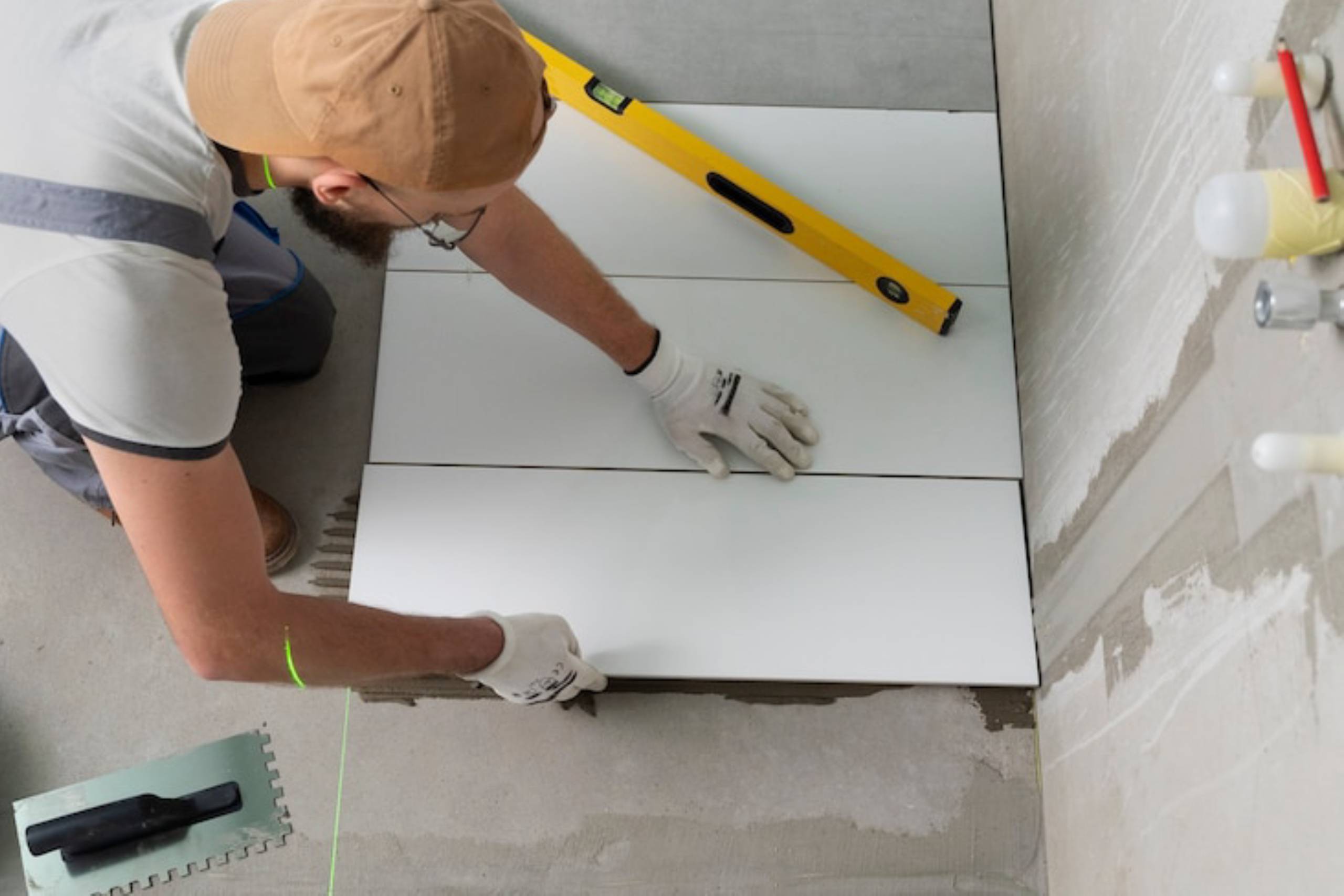Service
FIXING

FIXING
At Abu Dhabi Marble and Granite, we specialize in expert marble fixing for both residential and commercial projects across the UAE. Our team of skilled craftsmen possesses years of experience in installing marble with precision and finesse.
Our Marble Fixing Process:
We meticulously prepare the surface by ensuring it is level, clean, and free from any imperfections. This step is critical for a secure and long-lasting installation.
Precise Installation:
Our experienced installers utilize the latest techniques and high-quality adhesives to ensure precise and secure installation of your marble tiles or slabs. We pay close attention to detail, ensuring even spacing and proper alignment.
We use premium-grade grout and sealants to protect your marble from moisture, stains, and other forms of damage. Our sealing process enhances the durability and longevity of your marble surfaces.
We are committed to delivering the highest quality workmanship and exceeding your expectations. Our goal is to create stunning marble installations that enhance the beauty and value of your property.
Need Services?
Inquire Us for a Free Quote & Expert Advice.
Call +971-52-997-6659 or inquire us for personalised assistance or visit our showroom in Abu Dhabi for a comprehensive experience.
FREQUENTLY ASKED QUESTIONS
To maintain the appearance of your natural stone countertops, use coasters under glasses and place hot items on trivets or pot holders. Many foods and drinks contain acids that can etch or dull the surface of your stone. Clean your countertops with a gentle liquid dish soap and warm water. Avoid using household cleaning products, as they can damage the sealer on granite and harm the surface of marble, limestone, or travertine.
A sealer acts as a protective barrier for your countertop. Since natural stone can vary in density and absorbency, stones with more veins or swirls are typically more porous. Sealing your stone reduces the risk of stains and damage, making it easier to clean, more resistant to staining, and promoting a healthier environment. It also helps preserve the natural beauty of the stone.
To check if your countertop is sealed, place a drop of water at least ½ inch in diameter on the surface and leave it for 15 minutes, covering it with a glass to minimize evaporation. If the stone doesn’t darken, it’s likely sealed against water-based stains. For long-lasting protection and to maintain its beauty, it’s recommended to reseal your stone annually.
Marble and granite are often distinguishable by the texture of their surface. Marble features distinct veining, while granite typically has a speckled or granular look. Natural stones are classified into two main types based on their composition: Siliceous stones, made primarily of silica or quartz-like particles, are highly durable and easy to clean. Granite, slate, and sandstone fall into this category. Calcareous stones, which are mainly composed of calcium carbonate, are more sensitive to acidic cleaners and require different cleaning methods. This category includes marble, travertine, limestone, and onyx.
Granite is an igneous rock that is more commonly found than quartzite, deep within the Earth’s crust, where it forms the foundation of many continents’ sedimentary layers. Quartzite, on the other hand, contains a higher concentration of quartz compared to granite. It forms from sandstone and quartz under high heat and pressure, causing the empty spaces in the sandstone grains to fill with quartz. As a result, quartzite is harder than granite. On the Mohs scale of hardness, where 1 is the softest and 10 is the hardest, granite ranks around 6 to 6.5, while quartzite measures about 7.
In most stone installations, seams are necessary. However, during the design and layout process, you can collaborate with your fabricator to reduce the number of seams and place them in less noticeable areas.
